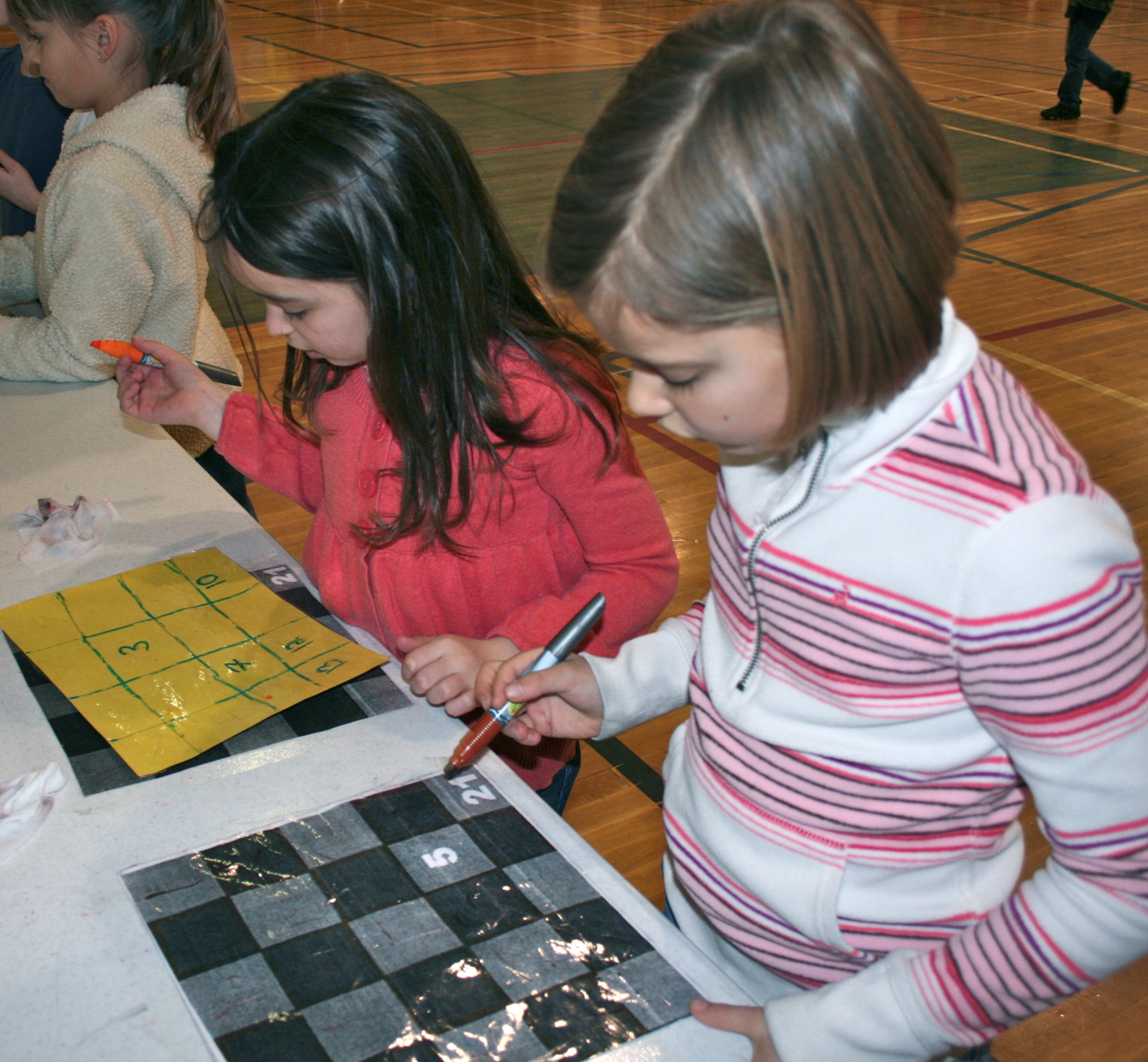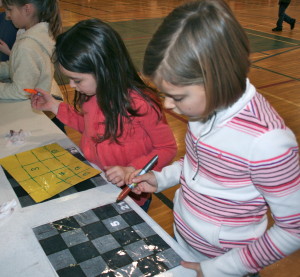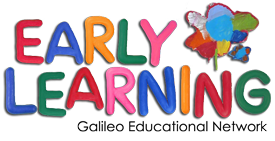
 Math is more than numbers. According to education professor and author Catherine Twomey Fosnot, it’s about structuring, modeling and essentially, interpreting the world through a mathematical lens. In her book Young Mathematicians at Work: Constructing Number Sense, Addition and Subtraction, she describes teachers who present rich, inquiry-based problems to students. In turn, students recognize math exists everywhere – and they have the ability to not only pose their own mathematical problems, they can solve them, too.
Math is more than numbers. According to education professor and author Catherine Twomey Fosnot, it’s about structuring, modeling and essentially, interpreting the world through a mathematical lens. In her book Young Mathematicians at Work: Constructing Number Sense, Addition and Subtraction, she describes teachers who present rich, inquiry-based problems to students. In turn, students recognize math exists everywhere – and they have the ability to not only pose their own mathematical problems, they can solve them, too.
According to Dr. Anna Kirova, many early childhood professionals find infusing mathematical concepts into play-based learning a challenge. In her article Learning to Guide Preschool Children’s Mathematical Understanding: A Teacher’s Professional Growth, Dr. Kirova relays one educator’s experience:
“Teaching math has always been outside of my comfort zone. Many commercial and teacher-made math games, including sets of animals, fruit, vehicles, shapes; board counting game; board classification games; and various spinners and large dice, are useful in reinforcing one-to-one correspondence, classification, and seriation. However, while used randomly and in isolation, these games may not help children fully grasp the math concepts they are built on.”
A child’s mathematical potential isn’t fully realized when there aren’t adequate opportunities for mathematical learning. According to the authors of Mathematics Learning in Early Childhood: Paths Toward Excellence and Equity, this holds true, both in early childhood settings, and through everyday experiences at home. Children need rich mathematical interactions and guidance. One important way to enhance mathematical learning is through adult support and instruction that is connected to and extends a child’s previous knowledge. Examples of this can be found in the downloads below.
It’s important to know virtually all children have the capability to learn and become competent in mathematics – and improvements in early childhood math education paves the way for success in all subject areas.
Links
Math Catcher: Mathematics Through Aboriginal Storytelling
The Math Catcher: Mathematics Through Aboriginal Storytelling project “includes the creation of a series of short animated films that accompany picture books, as well as the development of related activities that introduce math topics and techniques through stories that follow Aboriginal storytelling formats and contain elements of Aboriginal traditions and cultures.”Preschool math lessons: A developmental guide for the science-minded parent
Dr. Gwen Dewar (a biological anthropologist) has written a very readable summary of research pertaining to learning early math, and she offers many practical and interesting suggestions for how to build children’s sense of numerosity and understanding of early counting. She emphasizes, “Don’t push. Learning should be spontaneous and fun.”
Downloads
This document contains information about core math skills, such as compensation, patterns and cardinality. The skills are also identified in the math-related play outlined in the other math downloads on the site.
Mathematical reasoning and problem solving are just some of the math skills gained by playing with a simple set of blocks.
A simple set of dice provides opportunities for numerical recognition, addition and subtraction.
Read how one child develops correspondence and compensation skills, thanks to a simple game of jumping frogs, rocks or marbles.
Breakfast time can be a great opportunity to think mathematically, as one mom and her son discovered.
Even a walk along and across a muddy creek can be explored deeply in a mathematical way.
Ratios are the name of the game when a young child decides to make “soup” out of different types of marbles.
Embedding problems in a rich way is something many teachers struggle with. Find out how a good problem encourages students to reason about what can change, by how much, and what must stay the same in order to preserve certain aspects of the original problem.
Books
A simple bedtime story can open the door to another “what if” conversation that involves math.
Many children’s books address mathematical ideas in fun and interesting ways. Simply reading them, however, won’t instill deep mathematical understanding. But when kids can model the stories and are encouraged to find ways to generalize the mathematical ideas the stories contain, books can provide great opportunities for deepening mathematical understanding.

